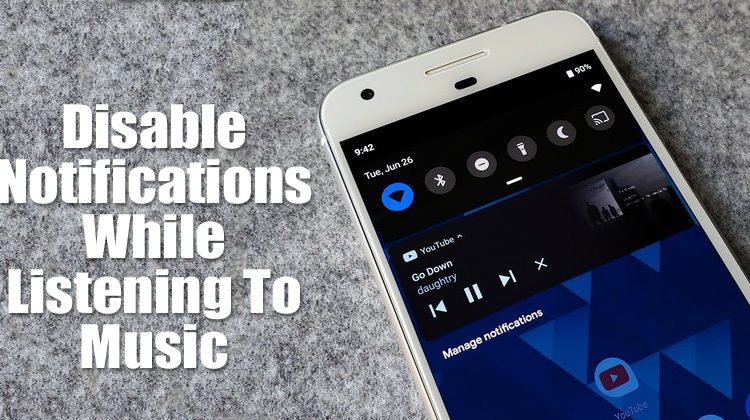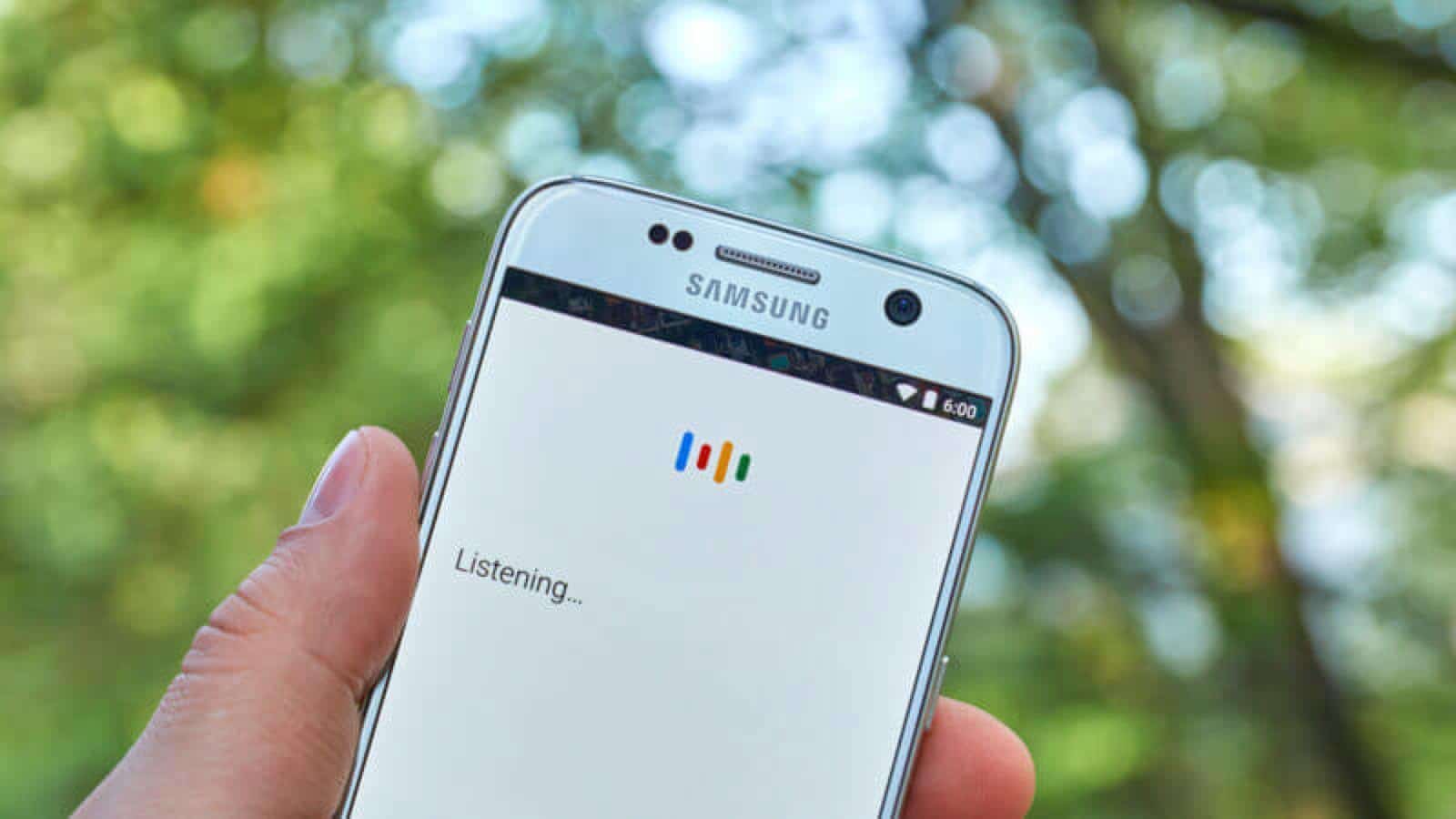
Sure enough, the changes seemed to arrive overnight. He then changed up his test phrase to "cheap shirts" and quickly saw advertisements for low-cost apparel on his Facebook feed. While not every study provided clear answers, a general sense of agreement on the matter was reached due to hints in the User Agreements of several apps and social media platforms. These user agreements explicitly state recorded audio may be used for targeted advertising purposes. Interestingly, such practices aren't against the law. This action allows tech companies to push privacy boundaries even further to encourage us to buy things we don't need.
The biggest vulnerability comes from the "always-on" feature of most voice assistants. To pick up wake words like "Hey Siri," the mic needs to remain on at all times — which means your phone is always listening. The best place to start taking your privacy back is by turning off the "always-on" microphone features on your handset. Here's how to do it:. Apple has come under fire for transcribing audio recordings of Siri users. The data is locally stored on your device and is uploaded once Siri is activated, so disabling this feature will at least make your Siri inputs shorter and more specific to your requests.
Then, toggle Listen for "Hey Siri" to Off. Every time you use "OK Google," or use another voice-controlled function, your query is recorded, and the transcripts are saved to your Google account. For every snippet of useful ad data, there would be hours of idle chatter to contextualize, even with keyword detection. We'd be talking Exabytes of voice processing a year. Perhaps more prohibitive would be the sheer cost of processing this much voice data. Scaled up to the 2. Clearly not a very profitable venture. Processing everyone's voice for just 1 hour per day would consume the entire digital ad budget.
It all seems far too accurate to be a coincidence, right? The law of large numbers is likely the culprit. It only takes one eerily accurate ad experience to convince us that someone must have cheated and gleaned some insider information. Although it seems improbable that an ad for a new watch would appear just minutes after yours stopped ticking, you might have been skimming over similar ads for weeks without noticing. Furthermore, very subtle things we give away can quickly flag a very accurate ad.
Your smartphone or mobile device may be recording everything you say.
Big data collection lets companies learn an awful lot about us by drawing data from a variety of different sources. Targeted advertising sorts us into buckets or categories based on demographics, interests, and relationships, which companies pay to pitch advertisements to. Even regularly visited locations, YouTube video history, previous purchases, and website cookies, contribute to a refined profile about your tastes, personality, and spending habits. Joining the dots between our various social and shopping accounts, and even multiple devices, reveals an even bigger picture, not just about us but about those we interact with.
Big data can be so accurate as to anticipate our wants before we even realize them. Even though microphones can record with no noticeable battery drain, the raw computing power and expense of processing voice data would be extraordinary. Plus, secret recording is a PR disaster just waiting to happen.
How to turn off "OK Google" Android voice search
This myth remains popular only because the alternative is harder to explain and comprehend for a lot of people. The layout is clean, and finding your favorite podcasts is easy. Once found, you can share them on social media platforms, and leave comments on podcasts in the app. In addition to its library of more than , podcasts, the app is fairly simple to use and presents information with a clean design.
In addition to its core features, Pocket Casts also offers an array of functions to make life easier. There are notifications to alert users if a podcast they subscribe to has new episodes, voice balance to ensure that all the hosts on a show sound about the same, and playback speed for those who want to blitz through their daily playlist.
- No, you’re not being paranoid, your phone really IS listening to you.
- what is mobile track iPhone 11 Pro.
- Facebook admits listening to private conversations.
- Coronavirus Live Coverage.
- How to get free music on an Android phone or tablet - Business Insider!
- How To Stop Any Smartphone From Listening to You!
Users can also stream episodes rather than download them, saving storage space. It even has a web player , so you can continue from where you left off on any device. Committed iOS users may find Overcast to be their best option for podcast listening.

Like Pocket Casts, this app has features such as customizable playlists, voice normalizing, and variable playback speeds, so users can listen to podcasts the way they want. There is also a sleep timer, so users can listen to a podcast as they fall asleep. The app is also designed to work on Apple Watch, making it one of the most versatile podcatchers for Apple fans.
Though likely the biggest name in podcast apps, Stitcher is not quite as robust as apps like Overcast. The app provides the basic features users need in a podcatcher, such as the ability to subscribe, make playlists, and change playing speed, but it lacks some quality-of-life features like sleep timers. Stitcher is fine for those who just want a free way to collect podcasts, but those who can afford something like Pocket Casts or Overcast will likely find a better experience. If you subscribe to a podcast on iTunes, for instance, the app will recognize your choices.
Unfortunately, the app can be annoying to navigate, which makes creating playlists and deleting episodes a hassle. The most direct way to download an episode of a podcast is to simply download it from the source. Most podcasts allow users to download or stream episodes directly from a site, so if you want to listen to podcasts on a computer, this is one way to go about it.
Take your podcasts on-the-go!
If you have an Android phone, this is a quick and easy way to get a specific episode on your device. At this point, a box will open prompting you to choose an appropriate save location on your computers, such as your desktop or Downloads folder. The episode is saved on your computer, and you can open it with any media player that can handle the file type.
 Smartphone listening Android
Smartphone listening Android
 Smartphone listening Android
Smartphone listening Android
 Smartphone listening Android
Smartphone listening Android
 Smartphone listening Android
Smartphone listening Android
 Smartphone listening Android
Smartphone listening Android
 Smartphone listening Android
Smartphone listening Android
Related smartphone listening Android
Copyright 2020 - All Right Reserved